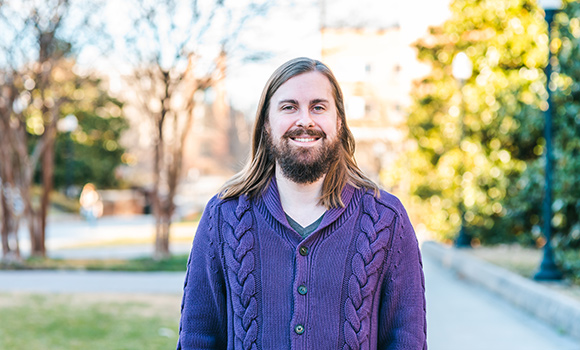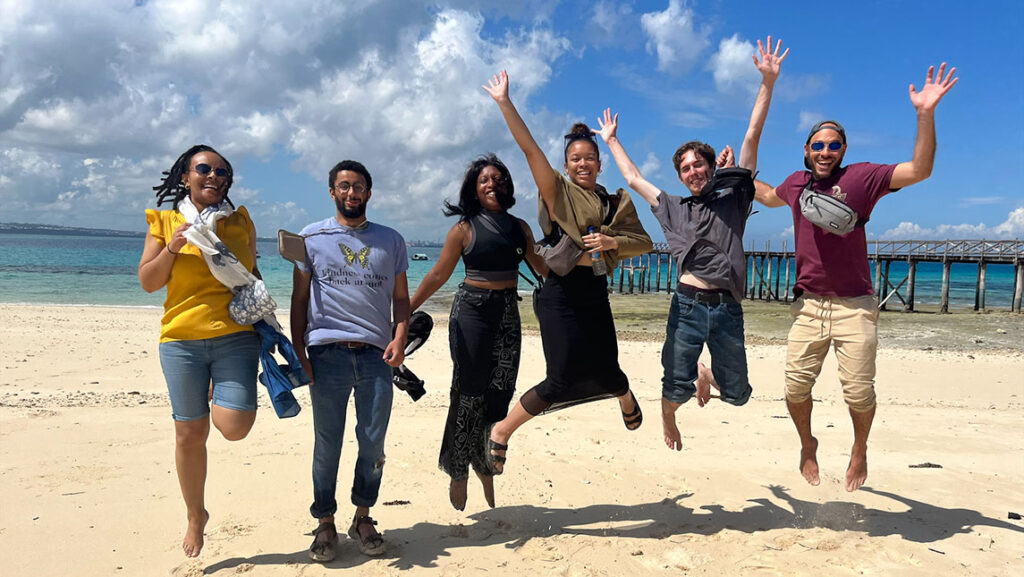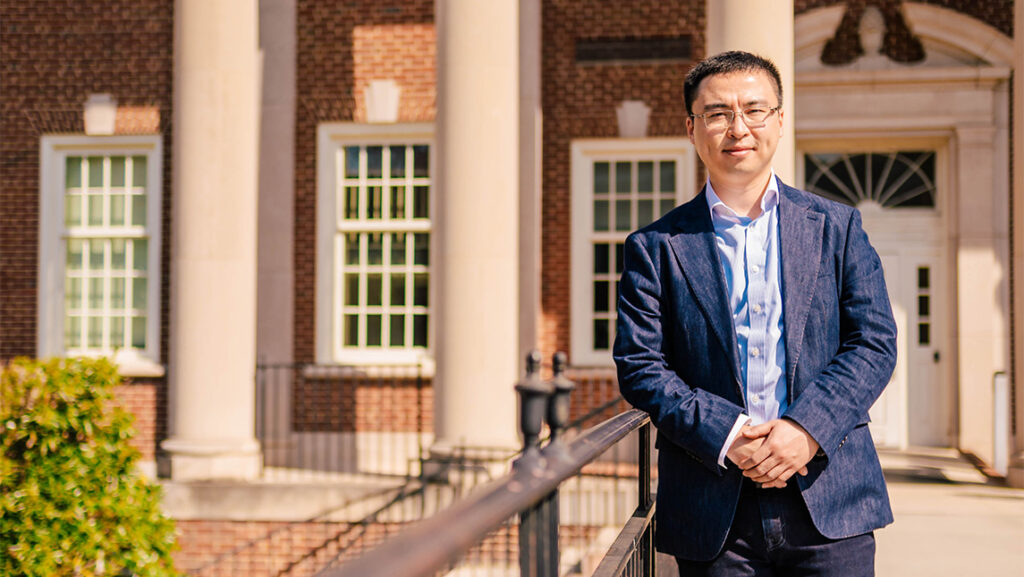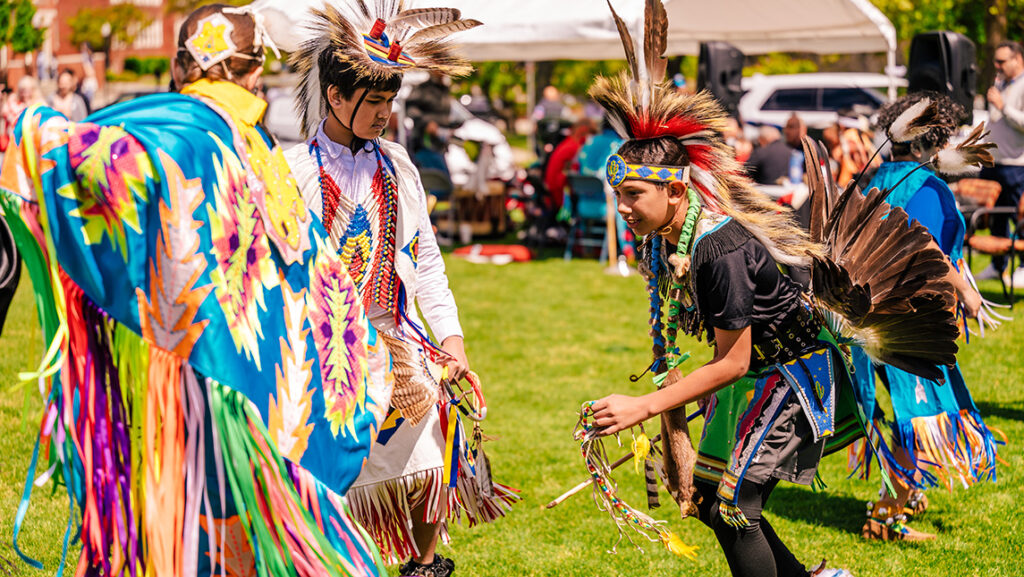For many Americans, dating looks a lot different than it did just a decade ago.
Online dating is now a $3 billion industry, with many singles downloading apps and swiping right or left to find meaningful connections with potential partners.
Dr. Levi Baker, assistant professor of social psychology, is one of several UNC Greensboro faculty members focusing on romantic relationships and how they are changing in this shifting landscape.
Baker and his wife, Dr. Michelle Russell, a fellow psychology faculty member, run the Close Relationships Lab on campus, which aims to understand how people can resolve conflict in close relationships.
Over the last four years, the lab has conducted 15 studies with the help of graduate and undergraduate research assistants. Most recently, the team completed a longitudinal study in which they studied 101 newlywed couples and their problem-solving skills during the first two years of marriage.
In celebration of Valentine’s Day, Baker shared his thoughts on digital dating and offered advice for how to build and maintain strong relationships.
How has dating changed in the era of swipe right/left?
There’s definitely some trends that have emerged. Everyone is perceiving that their “mating market” is bigger than it used to be. A few decades ago, most people were meeting romantic partners in person. Your pool of potentially available partners was limited to the people you ran into on a daily basis, or the friends of your friends. Now, that pool has exploded. While most people are still limited based on geography, we perceive that we have so many options. Tinder is a great example – you can go through hundreds of people in a matter of minutes.
What’s the impact? People tend to be less committed to their partners when they think they have a lot of good options available to them. Additionally, if people think their partner has a lot of options, they worry about their partner’s commitment.
The positive side is people have more choice now. You may be more motivated to leave a bad relationship because you know there are more options. Being selective is not necessarily a bad thing, unless it’s taken to an extreme.
What’s your advice for college students in the dating world?
Often, we treat college students as a different phenomenon, but they go through a lot of the same things that we all do. My advice to college students is the same as my advice to the general adult population:
- Share new, not routine activities with your partner – couples who share novel experiences together tend to stay happier, and relationships last longer.
- Spend more time with people other than your partner – people who spend more time with family and friends tend to become happier with their romantic partners as well.
- Provide your partner with the type of help that they need or want, not the type you would want or need.
- Recognize that conflict is normal and can be healthy for relationships, and it’s important to communicate openly and honestly about serious problems.
- Don’t jump into bed immediately following a conflict with your partner – when partners experience conflict and engage in sex the same day, they actually tend to enjoy the sex less.
There can be a lot of pressure surrounding Valentine’s Day. How can couples navigate this holiday?
It really depends on whether or not the couple has shared expectations for that day. If expectations aren’t communicated, that probably is going to cause some conflict – one person is going to be disappointed.
With a lot of things, expectations have been growing. It’s not just Valentine’s Day – you can see this with weddings too. However, I think there’s some backlash to that now. I think people are more stressed out than ever, and when you’re stressed out, the thought of adding a big event is not appealing.
Story by Alyssa Bedrosian, University Communications
Photography by Jiyoung Park, University Communications



